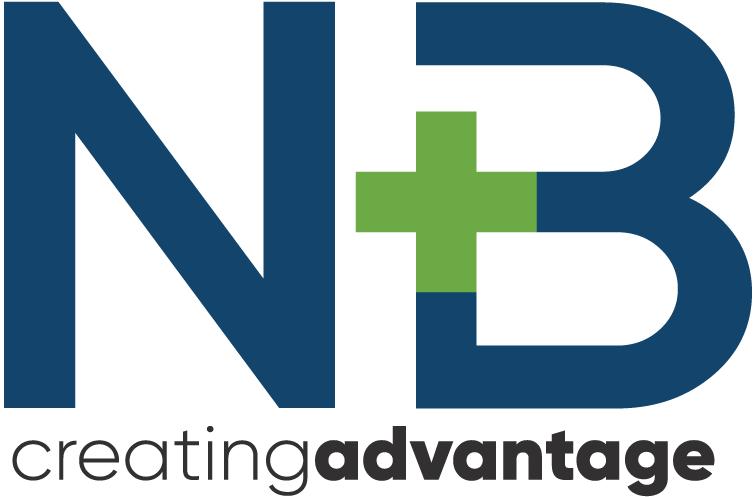On Employee Training: Why Did You Put the Banana in the Cage?
 I am fortunate to be involved in almost all new employee training at New Benefits. I don’t just train employees who report to me; in fact the majority of employees aren’t my immediate reports. Training is valuable for many reasons beyond teaching employees how to do something. I look at training as Phase Two of the interview. I establish a relationship with them, identify their learning style, and can oftentimes anticipate what type of employee they’re going to be. Employees’ engagement in training is very telling of their journey at the company.
I am fortunate to be involved in almost all new employee training at New Benefits. I don’t just train employees who report to me; in fact the majority of employees aren’t my immediate reports. Training is valuable for many reasons beyond teaching employees how to do something. I look at training as Phase Two of the interview. I establish a relationship with them, identify their learning style, and can oftentimes anticipate what type of employee they’re going to be. Employees’ engagement in training is very telling of their journey at the company.
My latest training epiphany stemmed from being a trainee. I needed to get into the weeds to fully understand what my new hires were going through. I’m acutely aware staff begrudgingly accepted my attendance because my presence doubled the allotted time simply because they knew I would ask why. And I was going to document the heck out of their answers. Learning from employees, especially those who have done the job for years, led me to ask the question –
Why did you put the banana in the cage?
In other words: Why did you just do that step? What happens to the banana? Is an animal coming to eat it? Is the banana going to rot in the cage? In other words: Is there a rational explanation for this step? What did that step do for us?
Regrettably, “I don’t know” or “because that’s what I was told to do” was a common response. My primary focus during training is explaining the “why.” If they click on a checkbox, I need them to understand why the checkbox exists, what it does, and who it impacts. Otherwise they’re just putting the banana in the cage. It’s incredibly important they know how the watch was made, not just that it tells time. How did we get here? What led us to make the decisions in place? Expounding on how we operate as a business helps the new hire understand all perspectives and the flexibility that drives some of our decision-making.
In a recent conversation about a process, I was told sometimes mistakes were made because employees were rushing to get it done within a specified timeframe. Great! You got it done on time. It was done wrong, but yay for getting it done wrong quickly! Understanding both the “how” and the “why” of a process allows employees to know the end goal. Even though we have timeframes, finishing a process within this timeframe is NOT the end goal. The end goal is completing the process successfully so the next step can happen, then the next step, then the next step.
Getting into the weeds of our processes also reminded me sometimes it’s easier to put the banana in the cage and point to the individual that requested it be placed there, than to take responsibility for your own actions. If you don’t know why you’re doing something or you’re doing something just because someone else told you to, then it’s time to rethink your role and impact you want to have on the business. 
Discovering why the banana is put in the cage takes longer—it’s not the easiest route. But if you are truly putting the business first, you should scrutinize each task and seek ways to improve it. At the end of the day, you have to care enough to ask the question. It’s your responsibility. Don’t put the onus on someone else.
—Dulce Bozeman, Executive Vice President
Copyright © 2016 by New Benefits, Ltd. All rights reserved.

